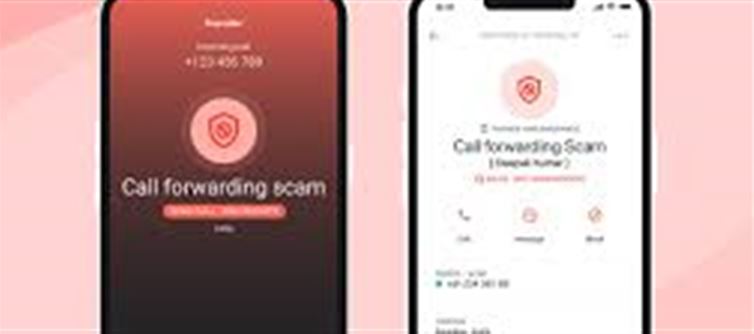
Cybercriminals are always inventing new tricks, but one of the latest—and most dangerous—is the call forwarding scam. Unlike phishing emails or fake links, this fraud manipulates your phone settings directly, giving scammers access to your OTPs, bank details, and even personal conversations. Here’s everything you need to know.
📞 What Exactly Is the *401# Scam?
Fraudsters pose as bank officials, courier agents, or telecom staff. They warn you about “suspicious activity” or “failed deliveries” and then trick you into dialing a code like *401#.
What you don’t realize is that this command activates call forwarding—meaning all your incoming calls are silently redirected to the scammer’s phone.
🔓 How Scammers Exploit Call Forwarding
Once your calls are forwarded, criminals gain:
- Direct access to OTPs sent by your bank or wallet apps.
- The ability to impersonate you when speaking to customer support.
- Power to make unauthorized fund transfers and purchases.
- Enough personal details to commit large-scale identity theft.
Victims usually discover the scam after money has already been stolen.
⚠️ Expert Warning from Cybersecurity Professionals
Cybersecurity expert Dr. rakshit Tandon has flagged this fraud as a rising threat. His key advice:
- Never dial codes given by strangers, especially *401#.
- If you already did, immediately dial ##002# to cancel all forms of call forwarding on your phone.
🛡️ How to Protect Yourself from the *401# Scam
Here are essential steps to safeguard your money and data:
Never share OTPs or passwords – Legitimate institutions will never ask for them over the phone.
Ignore suspicious instructions – If someone asks you to dial a code, hang up immediately.
Verify directly – Call your bank, courier, or telecom provider using their official helpline before taking action.
Check call settings regularly – Ensure no unknown numbers are listed under call forwarding.
Cancel forwarding instantly – Dial ##002# to disable all active call redirections.
🔐 Final Takeaway: Stay Alert, Stay Safe
This scam is more dangerous than traditional phishing because it hands criminals real-time access to your calls and OTPs. Protect yourself by staying skeptical, double-checking through official channels, and regularly monitoring your phone settings.
Remember: Your bank or telecom company will never ask you to activate call forwarding. Don’t let a simple code cost you your hard-earned money.
Disclaimer:
The views and opinions expressed in this article are those of the author and do not necessarily reflect the official policy or position of any agency, organization, employer, or company. All information provided is for general informational purposes only. While every effort has been made to ensure accuracy, we make no representations or warranties of any kind, express or implied, about the completeness, reliability, or suitability of the information contained herein. Readers are advised to verify facts and seek professional advice where necessary. Any reliance placed on such information is strictly at the reader’s own risk.
.jpg)




 click and follow Indiaherald WhatsApp channel
click and follow Indiaherald WhatsApp channel